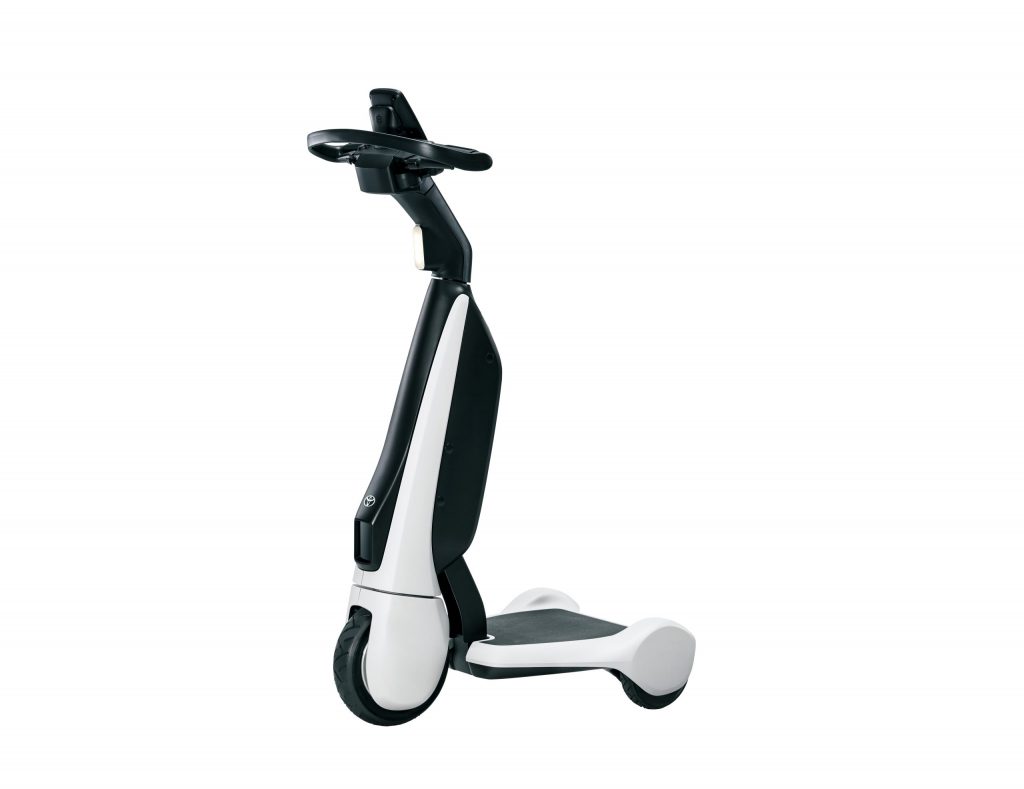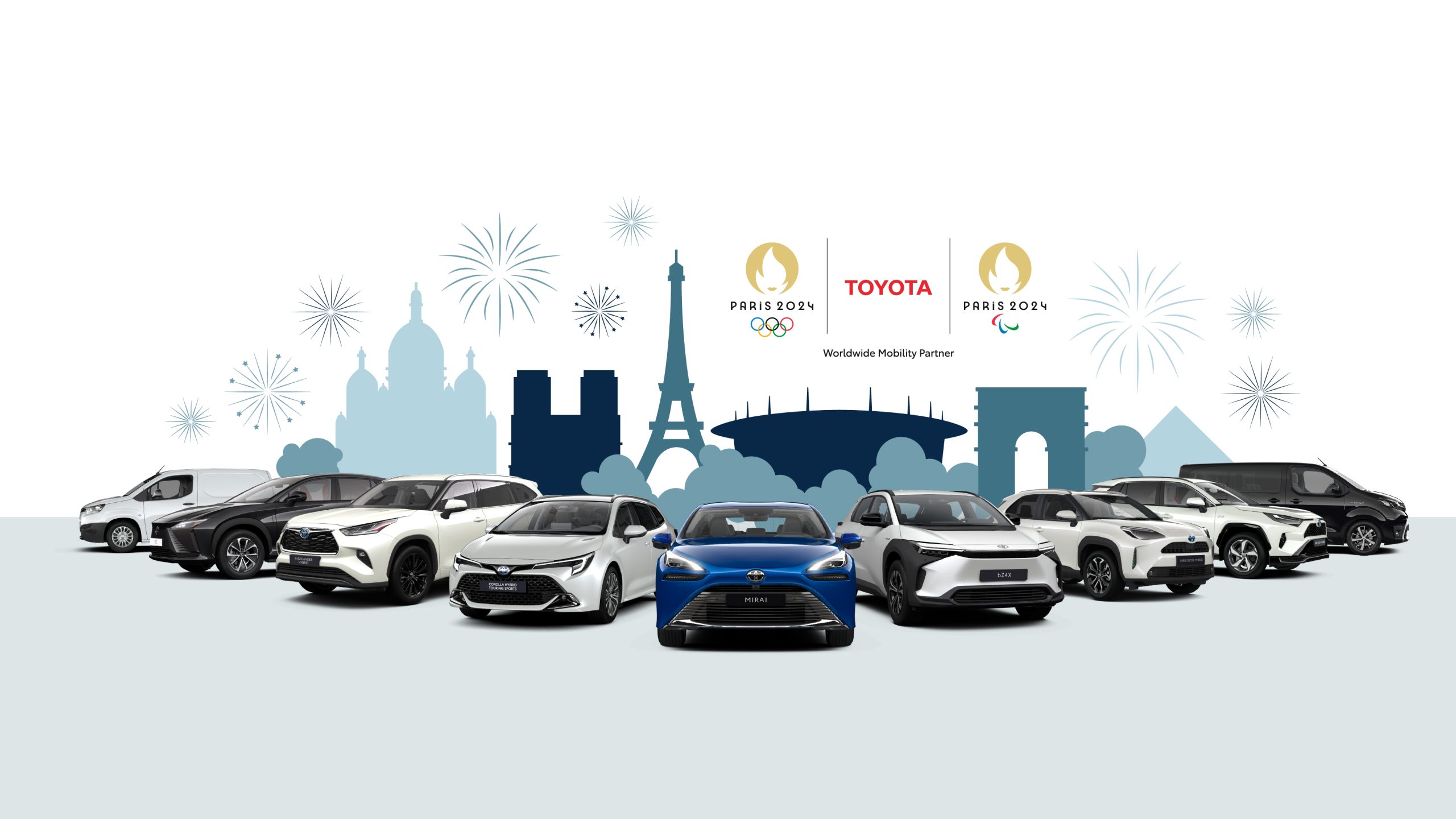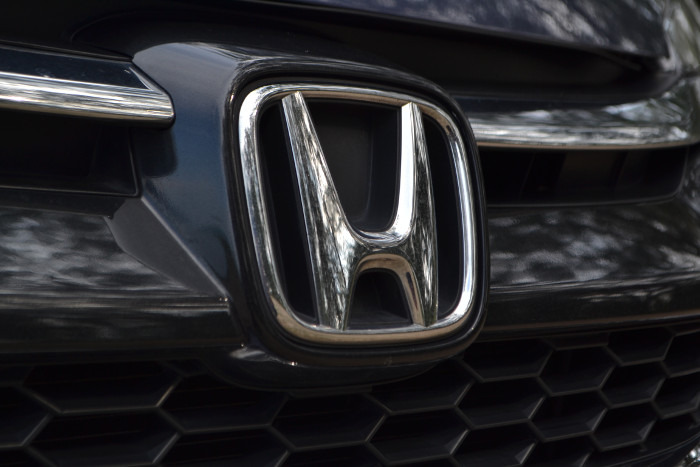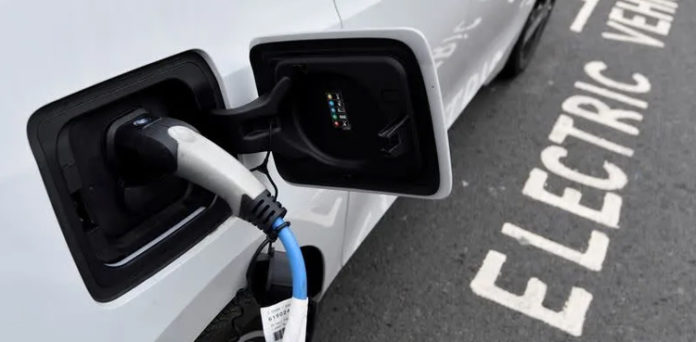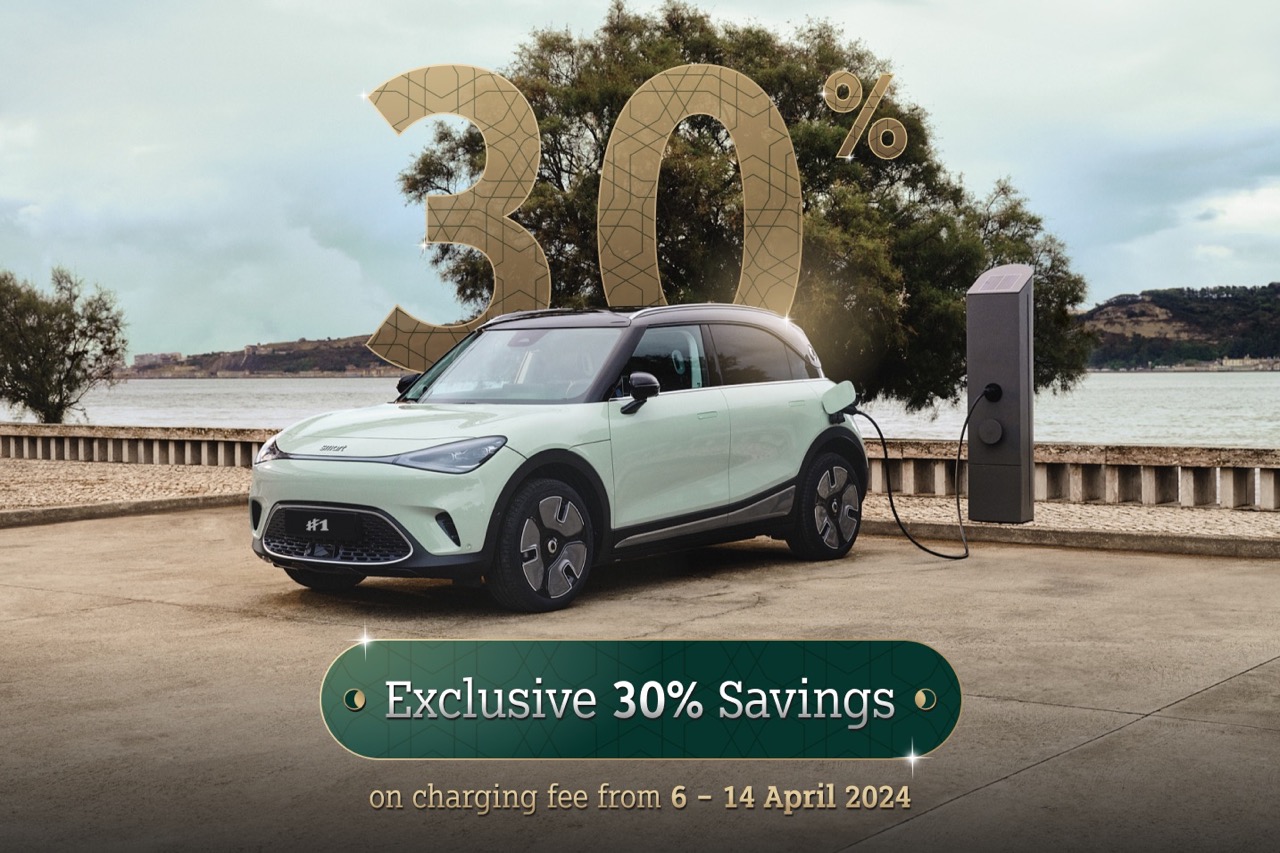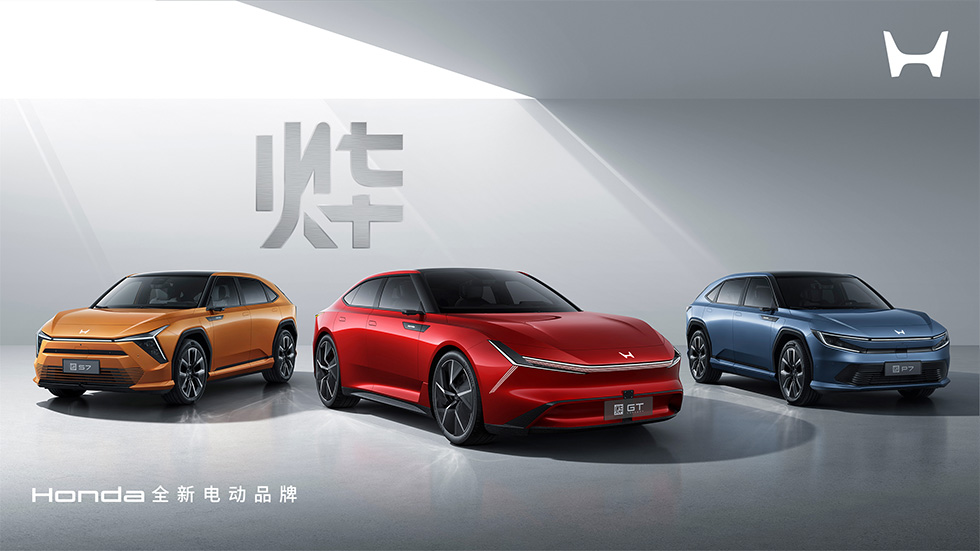Toyota, renowned as the global mobility partner of the International Olympic Committee (IOC) and the International Paralympic Committee (IPC), has unveiled its forward-thinking mobility concept for the much-anticipated Paris 2024 Olympic and Paralympic Games.
Promoting Inclusivity and Sustainability
Toyota’s philosophy of “Ever Better Mobility for All” emphasizes that freedom of movement is fundamental for a diverse and inclusive society. The company is on a trajectory to evolve into a mobility-centric entity, dedicated to reducing mobility barriers for individuals, regardless of their physical abilities. Paris 2024, hosting a vast array of athletes, staff, and volunteers, stands as a testament to what can be achieved when striving for a more inclusive society.
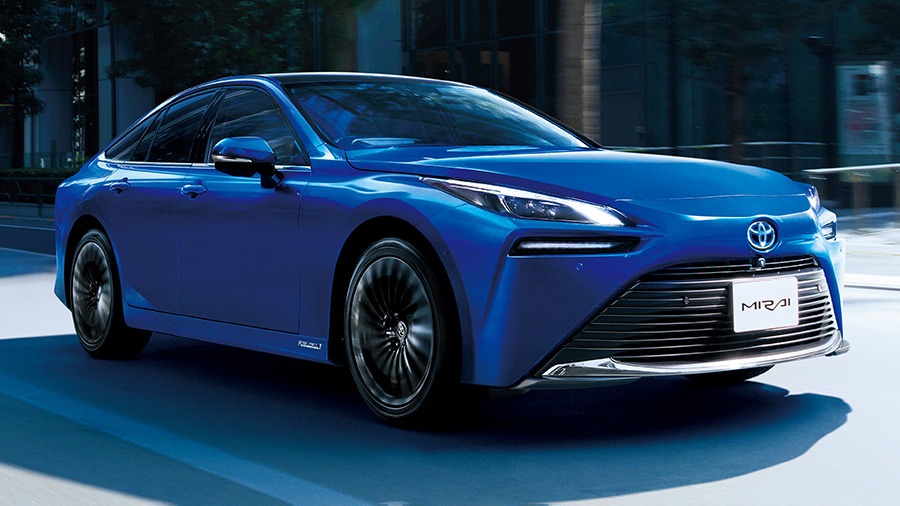
In partnership with the IOC, IPC, and the Paris Organising Committee of Olympic and Paralympic Games, Toyota is focused on making Paris 2024 the epitome of inclusive and sustainable mobility. The initiative commences by ensuring sustainable and safe mobility options for athletes and their families, staff, volunteers, and spectators.
